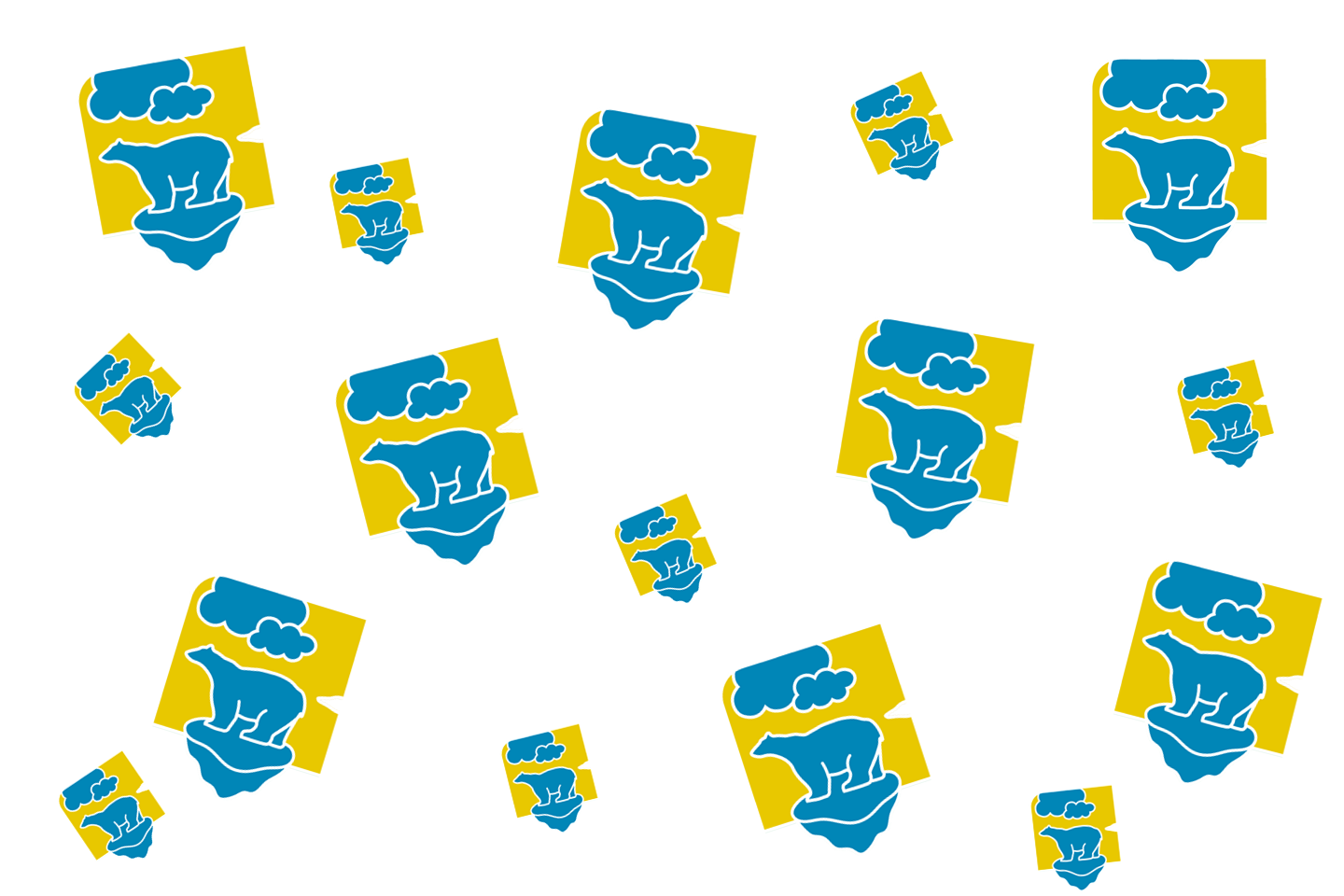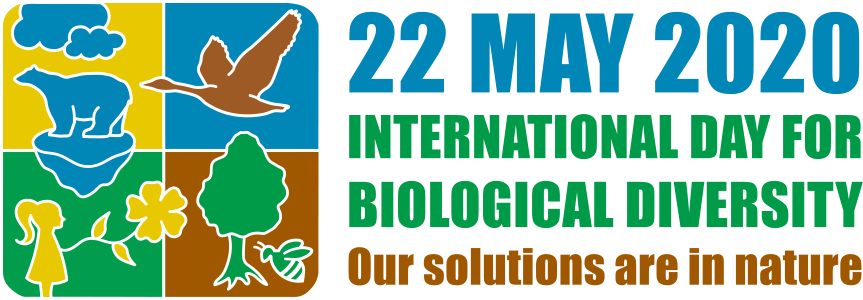
IDB 2020: Science and Knowledge
The traditional knowledge, which indigenous peoples and local communities maintain, is making vital contributions to climate action. Indigenous peoples and local communities often have in-depth knowledge of the flora and fauna in their territories. Such expertise allows them to observe the direct effects of climate change on, for example, the polar bear, an iconic mammal species commonly associated with climate change and habitat loss, both aquatic and terrestrial.
Over a quarter of the global land area is under the management of, or occupied by, indigenous peoples and local communities. Of such land, 35 per cent of it is formally protected and 35 per cent of the remaining areas are terrestrial areas with very low human intervention. Many of these communities are situated in areas where a vast majority of world's genetic resources are found.
Indigenous peoples’ knowledge about species migration patterns and the effects of intentional burning, to name a few, are notably used in monitoring environmental change, wildlife populations, and behavioral ecology. The skills and techniques used by indigenous peoples and local communities provide valuable information to the global community and a useful model for:
- biodiversity policies;
- the protection and management of wildlife; and
- restoration and the sustainable use of ecosystems.
There are important initiatives where traditional knowledge and science are working together to protect ecosystems. For example, many indigenous peoples and local communities working with new technologies, using indicators and community-based monitoring and information systems (CBMIS) to assess and protect biodiversity and ecosystems, as well as nature-based solutions for climate change adaptation.
The important role of indigenous youth is becoming more widely recognized. Initiatives to involve youth in traditional knowledge sharing and science are working to protect ecosystems. Young indigenous scientists, leaders, women, policy makers and researchers are fundamental as they can build bridges of respect and understanding in a dialogue between knowledge systems.

More information: